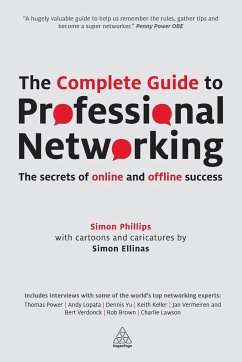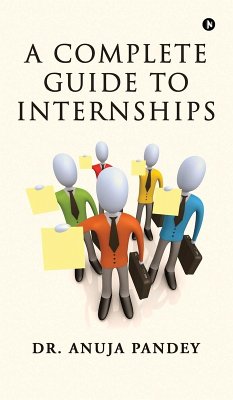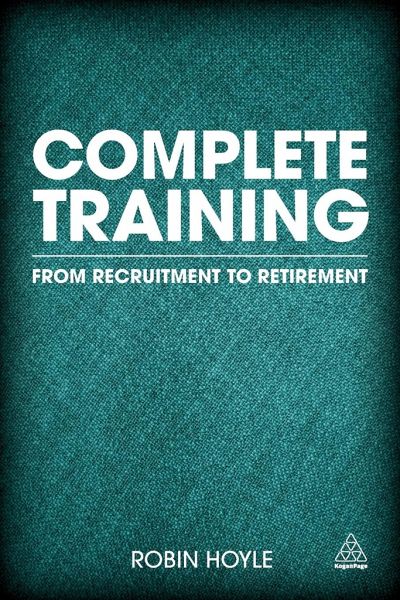
Complete Training
From Recruitment to Retirement

PAYBACK Punkte
17 °P sammeln!
The training and development needs of any workforce vary dramatically between the generations and levels even so far as the style of communication needed to be effective.At the same time training budgets are tighter than ever before and training departments are increasing marginalised as informal learning in a cyber workplace grows. So how can you tackle the challenges of this environment effectively? Complete Training looks at the employee life cycle and posits a series of training challenges and opportunities relevant across each stage - from new hires to the éminence grise of the organisat...
The training and development needs of any workforce vary dramatically between the generations and levels even so far as the style of communication needed to be effective.At the same time training budgets are tighter than ever before and training departments are increasing marginalised as informal learning in a cyber workplace grows. So how can you tackle the challenges of this environment effectively? Complete Training looks at the employee life cycle and posits a series of training challenges and opportunities relevant across each stage - from new hires to the éminence grise of the organisation - the objective is to enable learning and development practitioners to build individual capability and an organisation with a memory, continually learning from its own endeavours. By looking at how learning organisations succeed, complete training seeks to re-position L&D as central to the business, central to strategy and central to the organization's mission.





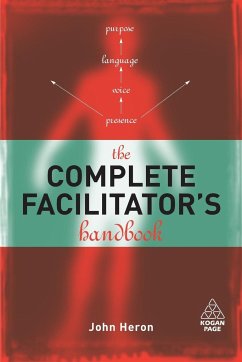
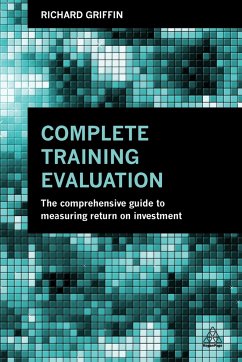
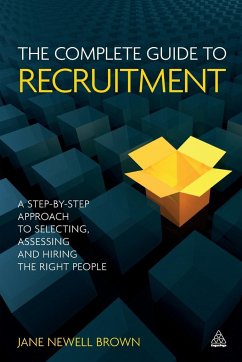
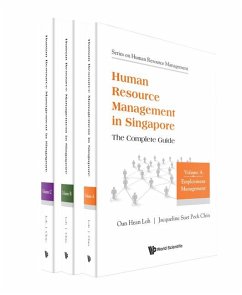
![Coach U's Essential Coaching Tools: Your Complete Practice Resource [With CDROM] Cover Coach U's Essential Coaching Tools: Your Complete Practice Resource [With CDROM]](https://bilder.buecher.de/produkte/14/14834/14834703n.jpg)
